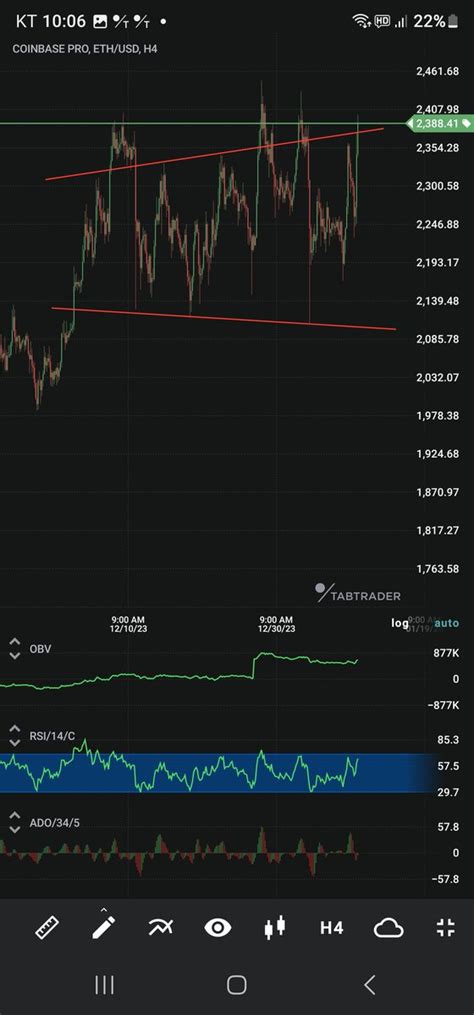Ethereum: Why Everyone Thinks Soft Forks Are Restricting the Existing Ruleset
When it comes to understanding Ethereum, there’s a common misconception that often arises in discussions about the concept of “soft forks” versus “hard forks.” The phrase that’s often mentioned but rarely discussed is “restricting the existing ruleset.” So what exactly does that mean? And why does everyone think soft forks are restrictive?
Simply put, a hard fork is a permanent change to the Ethereum blockchain’s core code, while a soft fork is an incremental update that builds on the current state of the network. The idea behind a soft fork isn’t to completely overhaul the existing ruleset, but rather to tweak and improve it.
So why does everyone think soft forks are restricting the existing ruleset? Let’s dive into the details.
The Concept of a “Rulebook”
In the context of Ethereum, a “rulebook” refers to a set of predefined rules, protocols, and governance structures that govern the operation of the network. These include things like transaction validation, smart contract behavior, and security measures. The existing rulebook is the foundation upon which all updates are built.
Soft Fork: Incremental Updates

When it comes to soft forks, the idea is to build on the current state of the network and make incremental changes that modify or improve the existing rule sets. This may include updating the logic of smart contracts, changing security measures, or adjusting governance structures.
Now things get complicated. One of the main concerns with soft forks is that they may appear to limit or restrict the existing rule set in some way. However, this is not necessarily true. Soft forks are designed to be incremental improvements, not game-changing changes.
The Difference Between “Limit” and “Improve”
To understand why everyone thinks that soft forks limit the existing rule set, let’s distinguish between two possible interpretations: one that limits or restricts the existing rule set, and the other that improves it.
In reality, a soft fork is not about limiting the existing rule set; it’s more about an update that builds on it. It’s like adding new features to an established product without completely rewriting the code base.
The Reality of Soft Forks
For example, in the case of Ethereum’s smart contract system, a soft fork would likely introduce changes to gas emissions or execution times rather than changing the underlying rule set. This means that existing contracts would continue to work as intended, albeit with some minor changes.
Similarly, when it comes to security measures, a soft fork may introduce new vulnerabilities or exploits in certain areas, but these changes are also incremental updates that don’t change the game.
Conclusion
In conclusion, while everyone may think that soft forks are restricting the existing rule set due to concerns about “restriction” or “narrowing,” this may not be the case. Soft forks are actually incremental updates designed to refine and improve the current state of the network. As we can see, the reality of soft forks is more nuanced than a simple explanation might suggest.
So, what do you think? Are soft forks restrictive or just incremental updates to the existing rule set?
Deixe um comentário